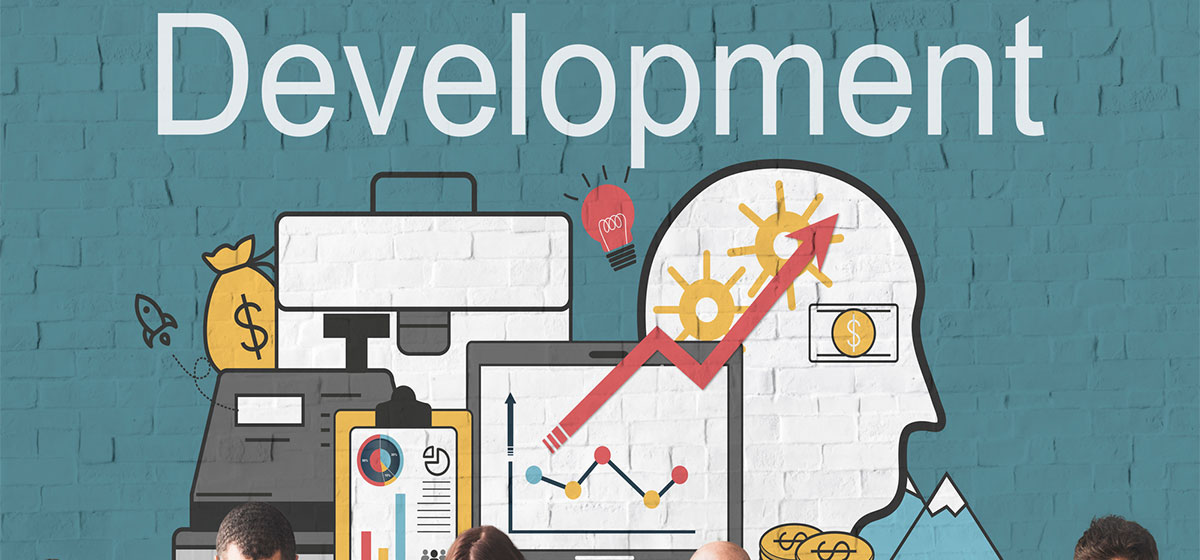Product Development Vs. Management: What’s the Difference?

Product management and product development are two integral terms and processes in manufacturing, While both deal with handling products, the two couldn’t be more different in how they go about it. To run a successful business, you must understand the roles, functions, and responsibilities involved in every stage of production. Product development deals with the product from conception to the final solution, while management ensures the successful building of the product. Find out the difference between product development vs management here.
Understanding Product Development
Product development is the process of creating products for use. This could involve B2B products, B2C products, consumer product goods, commercial products, and more. It all starts with an idea, followed by research, design, and testing; the final step is execution. Product development is vital for creating products that meet customers’ needs. Developers focus on the design of a product to ensure it meets specifications. They are involved in the building process before testing the solution. Once the product has been tested and finalized, it then goes into the production stage before deployment.
Role of Product Developers
The development team defines the product and creates a prototype. Depending on the results, they build and launch a functional version of the product. They divide the creation of the entire project into clear steps, testing the results at each stage. The size and makeup of the development team will depend on the size of the company and the product. Some products require a large team of software developers, engineers, and specialists, while others will be fine with fewer people. In either case, there will likely be a single point-person steering the metaphorical ship.
Understanding Product Management
On the other side of the coin is product management, which involves the entire life cycle of a product, from the conception of the idea to the delivery. It also involves providing post-launch support for the product. Product managers are involved in every step, from production to marketing, to ensure the company offers products that meet consumers’ needs. The “point person” we referred to earlier may be considered a product manager. This individual may be tasked with conducting market research to find out customer requirements as well as identifying a host of other details that will be relevant to the successful execution of the overall project. They are not, however, directly involved in the actual building of the product. Instead, they provide a roadmap.
Role of Product Managers
The goal of the project management team is to act as the link between the product and the consumer. They work to maximize the product’s potential, by overseeing its life cycle and helping with analysis and refinement. Product managers work with designers, engineers, and marketers to ensure they consider every aspect of the product. They ensure the final product is of high quality before presenting it to consumers. They must have an in-depth knowledge of their target audience and an understanding of the market.
Product Development Vs. Management
The product management process is strategic and involves analysis, planning, and defining product requirements. Product development is a step-by-step process that focuses on creating a functional product. While product managers brainstorm and strategize, developers bring the idea to life and build the product. The two teams work together to manage the product and ensure they accomplish the company goals. Product development involves the ‘how’ while product management is about the ‘what’.
Product developers and product managers combine forces to create the desired product. The development team uses the requirements given by the management team to create a product that meets the company’s quality standards. Product management ensures they deliver the product on time, within budget, and in line with the set objectives. Effective product development and product management teams must set the right goals and deadlines. The skill level and size of the team will determine its success.
Here at East West Basics, we offer the services of both product development and product management teams. Our process involves design, sourcing, manufacturing, inspection, and logistics. All of these components are integral to a successful final product. In reality, one cannot exist without the other. If you’re interested in taking the next step towards realizing your product’s vision, we encourage you to contact us today.